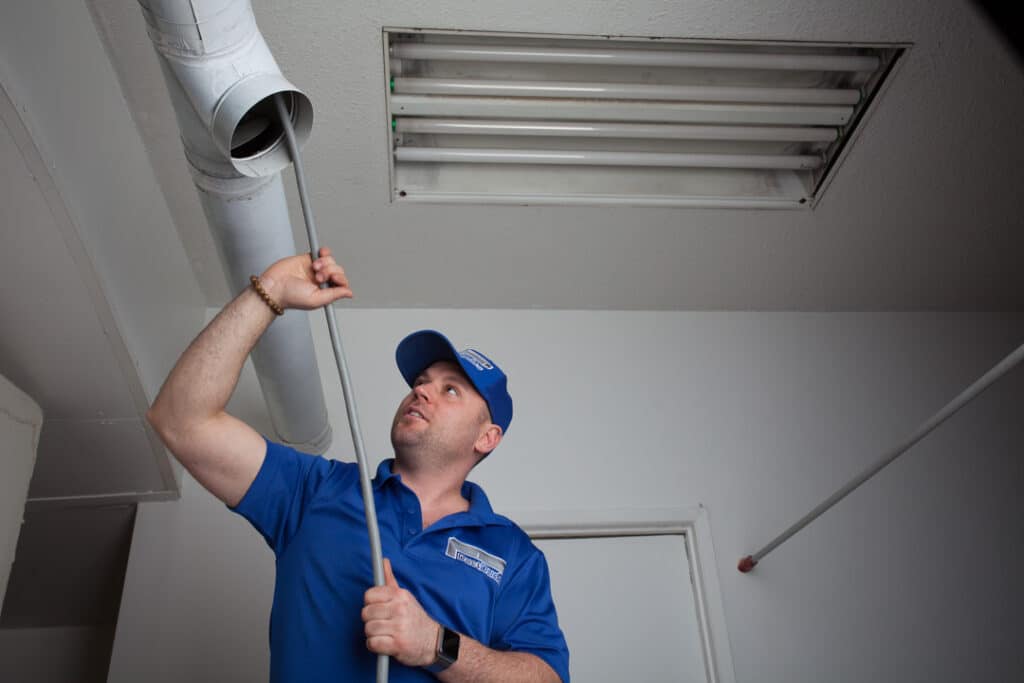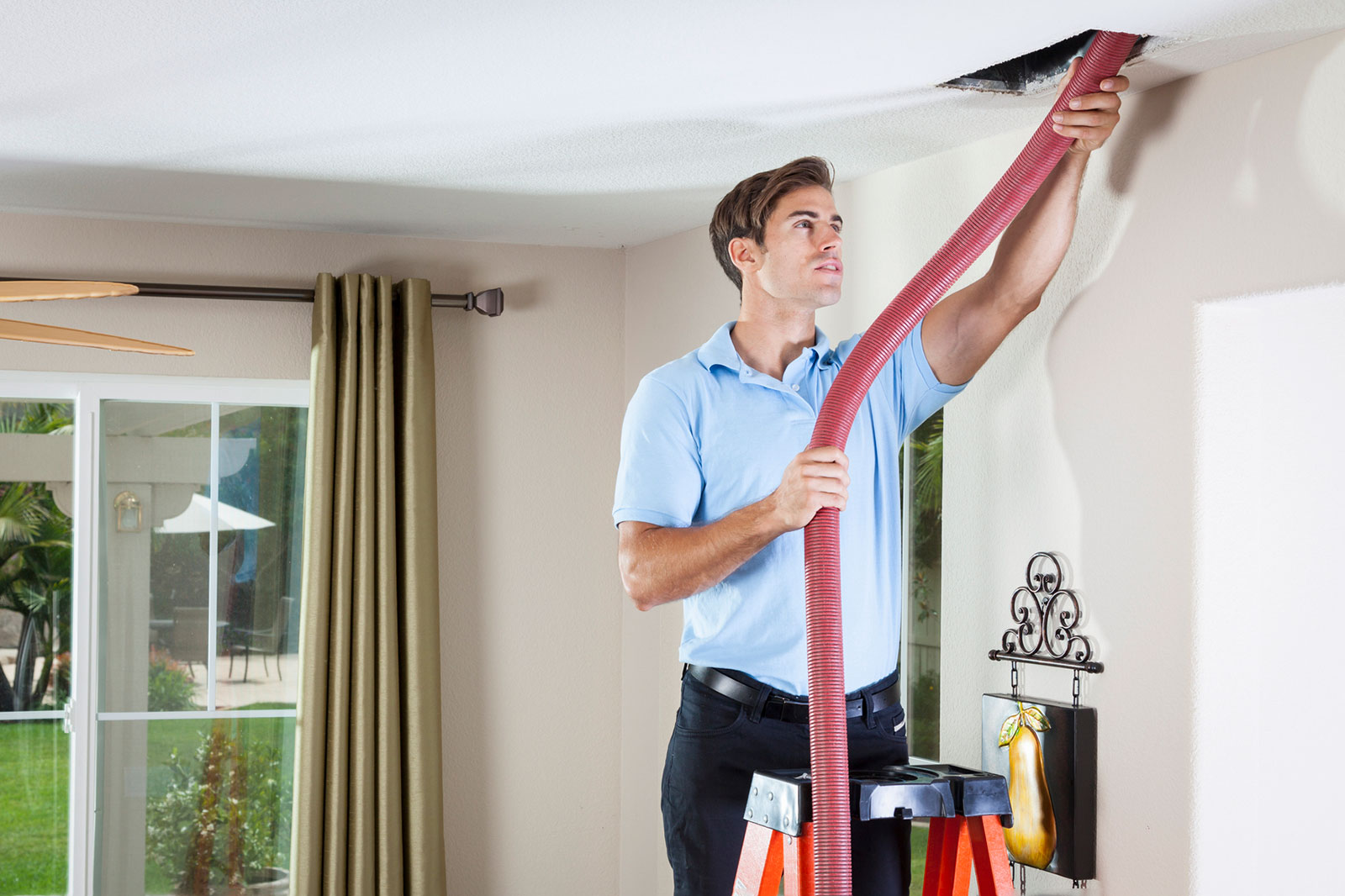Are you grappling with low air pressure in your HVAC system? Low air pressure can render your heating and cooling inefficient, leading to discomfort and higher energy bills. Boosting air pressure in your HVAC system may seem daunting, but with the right steps, you can ensure efficient air circulation and an optimal indoor climate. This article delves into tremendous strategies approved to enhance your HVAC system’s air pressure.

1. Understanding the HVAC System and Its Components
To boost air pressure effectively, it’s crucial to comprehend how your HVAC system operates. HVAC stands for Heating, Ventilation, and Air Conditioning. It consists of different components such as air ducts, filters, blowers, and vents. Recognizing each part’s function can help you address low air pressure issues more efficiently.
1.1 The Importance of Air Ducts
Air ducts are pivotal in distributing air from your HVAC system to various rooms within the building. Damaged or blocked ducts can lead to low air pressure. Therefore, routine inspection and maintenance of air ducts are indispensable for enhancing air pressure. For additional details, visit HVAC system cost .
1.2 The Role of Air Filters
Air filters are designed to trap dust, allergens, and other particulates. Clogged air filters can significantly impede air flow, causing low air pressure. Regular replacement of air filters is a simple yet effective way to maintain optimal air pressure.

2. Initial Steps to Improve Air Pressure
Now that we have a fair understanding of the HVAC system components, let’s dive into some initial steps to boost the air pressure.
2.1 Checking and Sealing Duct Leaks
Inspecting your ductwork for leaks and sealing them can markedly improve the air pressure. Leaks allow air to escape, diminishing the overall air pressure. Use mastic sealant or aluminum tape to seal any leaks you identify.
2.2 Cleaning and Replacing Filters
As mentioned earlier, clogged filters can dramatically reduce air pressure. Depending on your HVAC usage, replace the filters every 1-3 months to keep the system functioning optimally.

3. Professional Approaches for Enhanced Air Pressure
Sometimes, professional assistance is required to boost air pressure effectively. Key professional approaches include:
3.1 Conducting a System Audit
HVAC professionals can perform a system audit to diagnose low air pressure issues accurately. This audit involves checking all the components, from the blower motor to the ductwork, identifying any inefficiency.
3.2 Upgrading to High-Efficiency Blowers
High-efficiency blowers are designed to deliver better air pressure by providing a more robust airflow. Consult with your HVAC technician to determine if a blower upgrade is necessary for your system. Additional insights are available on HVAC system longevity .
3.3 Adjusting the Fan Speed
Fan speed adjustments can also boost air pressure. An HVAC expert can recalibrate your system’s fan settings to ensure better air circulation without straining the equipment.
4. Technological Innovations to Consider
Leveraging technology can significantly enhance air pressure in your HVAC system. Modern HVAC systems come with features aimed at improving overall performance.
4.1 Smart Thermostats
Smart thermostats can optimize your HVAC system’s performance by adjusting the settings based on real-time data. This can aid in maintaining balanced air pressure throughout your home or business.
4.2 Zoning Systems
Zoning systems allow you to control air distribution in different parts of your building. This can be particularly useful for large homes and commercial spaces where specific areas may need different air pressure levels.
4.3 Variable Speed Blowers
Variable speed blowers adapt to the required airflow, ensuring consistent air pressure. These blowers can adjust the speed to match the cooling or heating needs, providing optimal comfort.
5. DIY Tips for Maintaining Optimal Air Pressure
Maintaining optimal air pressure in your HVAC system isn’t solely about professional interventions. There are practical DIY steps you can adopt.
5.1 Periodic Inspection
Regularly inspect your HVAC system. Look for signs of wear and tear, particularly in the ductwork and filters. Timely intervention can prevent minor issues from becoming significant problems.
5.2 Balancing Registers
Ensure that the air registers in each room are balanced. Close or open registers to adjust the airflow, thereby balancing the air pressure in different areas.
5.3 Cleaning Ducts
Regular cleaning of air ducts can prevent the buildup of dust and debris, which can hamper air pressure. Use a vacuum cleaner or seek professional duct cleaning services for best results.
6. Common FAQs
How frequently should I replace HVAC filters?
HVAC filters should ideally be replaced every 1-3 months, depending on usage and manufacturer guidelines. Regular replacement ensures clean airflow and maintains optimal air pressure.
Can I seal duct leaks myself?
Yes, minor duct leaks can be sealed using mastic sealant or aluminum tape. However, for significant leaks, it is recommended to hire professional services for thorough sealing.
How does a smart thermostat help in improving air pressure?
A smart thermostat can optimize your HVAC system’s operation by making real-time adjustments, ensuring balanced air pressure and efficient heating or cooling.
Conclusion
Enhancing air pressure in your HVAC system is vital for ensuring efficient heating and cooling. By understanding the components, following DIY tips, and utilizing professional expertise, you can maintain optimum air pressure, leading to a comfortable indoor environment and energy savings. For more information on HVAC systems, check out types of HVAC systems and cost of Trane HVAC .